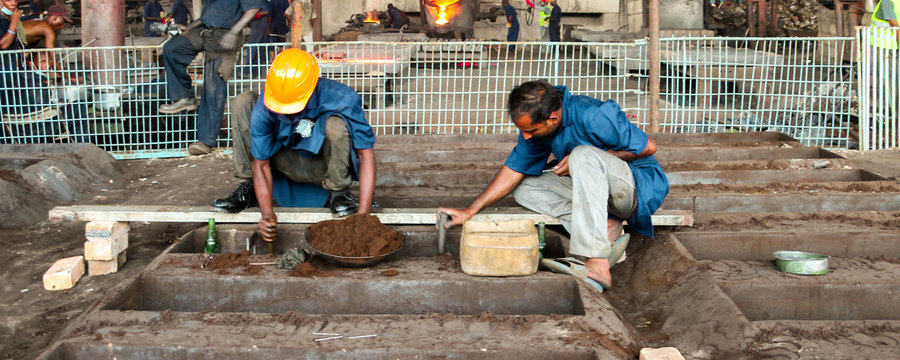This article is from the free online
Occupational Health in Developing Countries


Reach your personal and professional goals
Unlock access to hundreds of expert online courses and degrees from top universities and educators to gain accredited qualifications and professional CV-building certificates.
Join over 18 million learners to launch, switch or build upon your career, all at your own pace, across a wide range of topic areas.


 Attractive flowers demand good growing conditions: sufficient light for at least 10 hours per day, temperatures between 10-25 degrees Celsius, plenty of water, land, and an abundance of manual labour. © B.E. Moen
Attractive flowers demand good growing conditions: sufficient light for at least 10 hours per day, temperatures between 10-25 degrees Celsius, plenty of water, land, and an abundance of manual labour. © B.E. Moen
 The majority of workers in the flower farms are young women. © B.E. Moen
The majority of workers in the flower farms are young women. © B.E. Moen
 Sprayers might wear personal protective equipment during spraying, but other workers in the greenhouse do not usually use protective clothing or equipment. © B.E. Moen
Sprayers might wear personal protective equipment during spraying, but other workers in the greenhouse do not usually use protective clothing or equipment. © B.E. Moen






